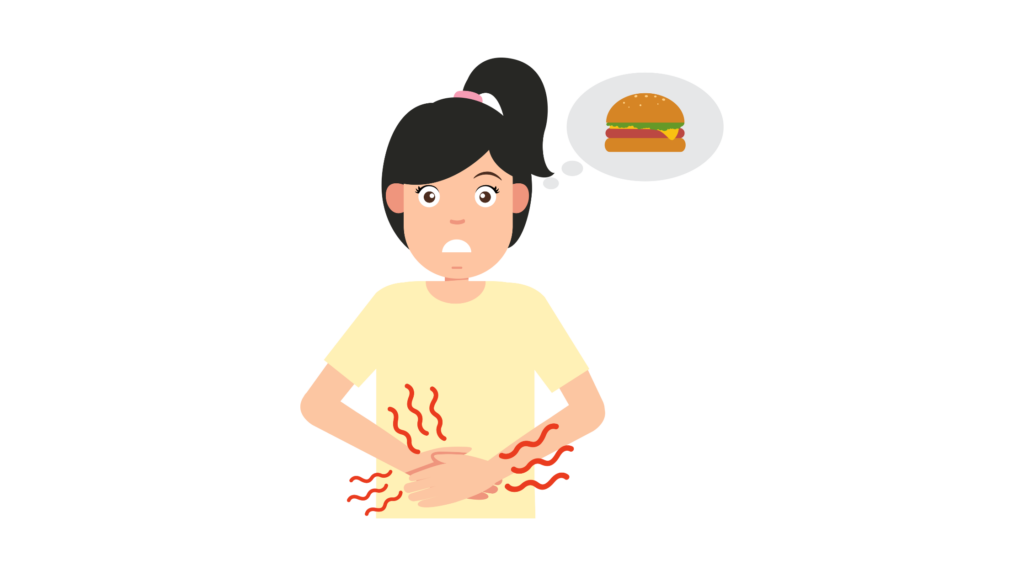As more people explore the benefits of plant-based eating, interest in this lifestyle has surged. However, with its popularity, several plant-based diet myths have emerged, creating confusion about what plant-based nutrition truly entails. Misconceptions around protein, nutrient intake, and affordability often discourage people from embracing a plant-based diet, even though the reality is much different.
In this article, we’ll address common myths and misunderstandings about plant-based diets. By debunking these myths with plant-based nutrition facts, we aim to provide you with accurate information that helps you make informed choices, whether you’re a seasoned plant-based eater or just curious about making the switch.
Myth #1: A Plant-Based Diet Lacks Protein
One of the most common plant-based diet myths is that it’s difficult to meet protein needs without animal products. However, a well-planned plant-based diet can easily provide enough protein. Plant-based foods that are excellent protein sources include:
- Lentils
- Chickpeas
- Tofu
- Tempeh
- Quinoa
- Nuts
As a plant-based eater, you can meet your protein requirements by including a variety of these foods in your meals. In fact, many athletes and bodybuilders follow plant-based diets and thrive on them. With so many options available, understanding how to get protein on a plant-based diet is simpler than ever.
Myth #2: Plant-Based Diets Are Expensive

Another common misconception is that following a plant-based diet is costly. While it’s true that some specialty products can be pricey, the core foods in a plant-based diet are often affordable. Staples like beans, rice, oats, and fresh vegetables are budget-friendly and widely available.
Here are some tips for eating plant-based on a budget:
- Buy in bulk: Stock up on staples like beans, grains, and nuts to save money.
- Opt for seasonal produce: Fruits and vegetables are usually less expensive when they’re in season.
- Cook at home: Preparing meals at home is more cost-effective than relying on convenience foods.
By focusing on whole foods and planning meals in advance, plant-based eating can be both affordable and accessible, making this another plant-based diet myth that’s easy to debunk.
Myth #3: Plant-Based and Vegan Diets Are the Same
Many people believe that a plant-based diet is the same as a vegan diet, but there are important differences between vegan and plant-based diets. While both emphasize eating primarily plants, the plant-based vs vegan lifestyle varies in flexibility. A vegan diet excludes all animal products entirely, including dairy, eggs, and honey, often for ethical reasons.
In contrast, understanding plant-based eating vs veganism means recognizing that a plant-based diet is more flexible. Plant-based eaters focus on plants as the foundation of their meals but may occasionally include animal products based on personal preference.
Myth #4: You Can’t Build Muscle on a Plant-Based Diet

A common misconception is that a plant-based diet lacks the protein and nutrients necessary for muscle growth. In reality, building muscle on a plant-based diet is entirely achievable with the right foods. High-protein plant sources like lentils, tofu, tempeh, quinoa, and beans can support muscle gain and recovery.
Many athletes successfully use plant-based nutrition to fuel their workouts and even thrive in strength training. By incorporating a variety of nutrient-dense foods, you can meet your protein needs and build strength on a plant-based diet for muscle gain.
Myth #5: A Plant-Based Diet Isn’t Suitable for Children or Athletes
Some people believe that a plant-based diet lacks the nutrients necessary for children or athletes. However, plant-based nutrition for athletes and children can be both safe and beneficial when planned well. Plant-based diets offer essential nutrients, including protein, calcium, and iron, from sources like beans, lentils, leafy greens, and fortified plant milks.
Children and athletes can thrive on plant-based diets by consuming a variety of nutrient-rich foods that meet their energy needs. With proper planning, this approach provides all the nutrients required for growth, development, and athletic performance, making this another plant-based diet myth easily debunked.
Myth #6: All Plant-Based Foods Are Healthy
Not all plant-based foods are created equal. While whole foods like fruits, vegetables, legumes, and grains are packed with nutrients, many processed plant-based foods can be high in added sugars, unhealthy fats, and artificial ingredients. Understanding the nutritional value of processed plant-based foods is essential for healthy plant-based eating.
Choosing minimally processed options and focusing on whole foods helps ensure you’re getting the most health benefits. When selecting plant-based products, prioritize ingredients you recognize and aim for options that are nutrient-dense, debunking yet another plant-based diet myth.
Myth #7: A Plant-Based Diet is Low in Calcium
A common concern is that plant-based diets don’t provide enough calcium. In reality, there are plenty of plant-based sources of calcium, such as leafy greens (kale, collard greens), almonds, chia seeds, and fortified plant milk like almond, soy, and oat milk. These foods offer ample calcium in plant-based diets to support bone health.
By including a variety of calcium-rich plant foods, you can easily meet your daily requirements. This is another example of plant-based nutrition facts that debunk the myth that plant-based diets lack essential nutrients like calcium.
Myth #8: You’ll Always Feel Hungry on a Plant-Based Diet

A common misconception is that plant-based diets leave you feeling unsatisfied. However, plant-based foods like beans, lentils, whole grains, and vegetables are high in fiber, which promotes fullness and supports digestion. Fiber-rich foods help you feel satisfied for longer, making feeling full on a plant-based diet entirely achievable.
By incorporating balanced meals with protein, healthy fats, and complex carbohydrates, you can enjoy satisfying, nourishing meals that keep hunger at bay. This is yet another plant-based diet myth that’s easy to debunk with the right food choices.
Myth #9: Plant-Based Diets Are Carbohydrate-Heavy
Another misconception is that plant-based diets consist mostly of carbohydrates. While plant-based foods like fruits, vegetables, and grains contain carbs, a well-planned plant-based diet includes balanced macronutrients, such as protein and healthy fats. Foods like nuts, seeds, tofu, and avocados provide essential fats and proteins, making plant-based meals nutritionally diverse.
Understanding plant-based nutrition facts can help you create balanced meals that support your health goals. By including a variety of food groups, you can easily debunk plant-based diet myths around excessive carb intake and enjoy a well-rounded diet.
Myth #10: You Have to Go 100% Plant-Based to See Health Benefits
Many people believe that to reap the benefits of a plant-based diet, they must go entirely plant-based. However, even small changes—such as adding more fruits, vegetables, and whole grains to your meals—can improve health and well-being. Incorporating more plant-based meals supports heart health, weight management, and energy levels, even if it’s not all-or-nothing.
This flexible approach makes it easier to enjoy the benefits without pressure, debunking another of the common plant-based diet myths. Every plant-based choice contributes positively to your health, regardless of whether you go fully plant-based.
Conclusion
Understanding plant-based nutrition facts and debunking common myths can help you make informed choices on your journey toward a healthier lifestyle. By exploring the truths behind these plant-based diet myths, you’re better equipped to embrace plant-based eating with confidence.

